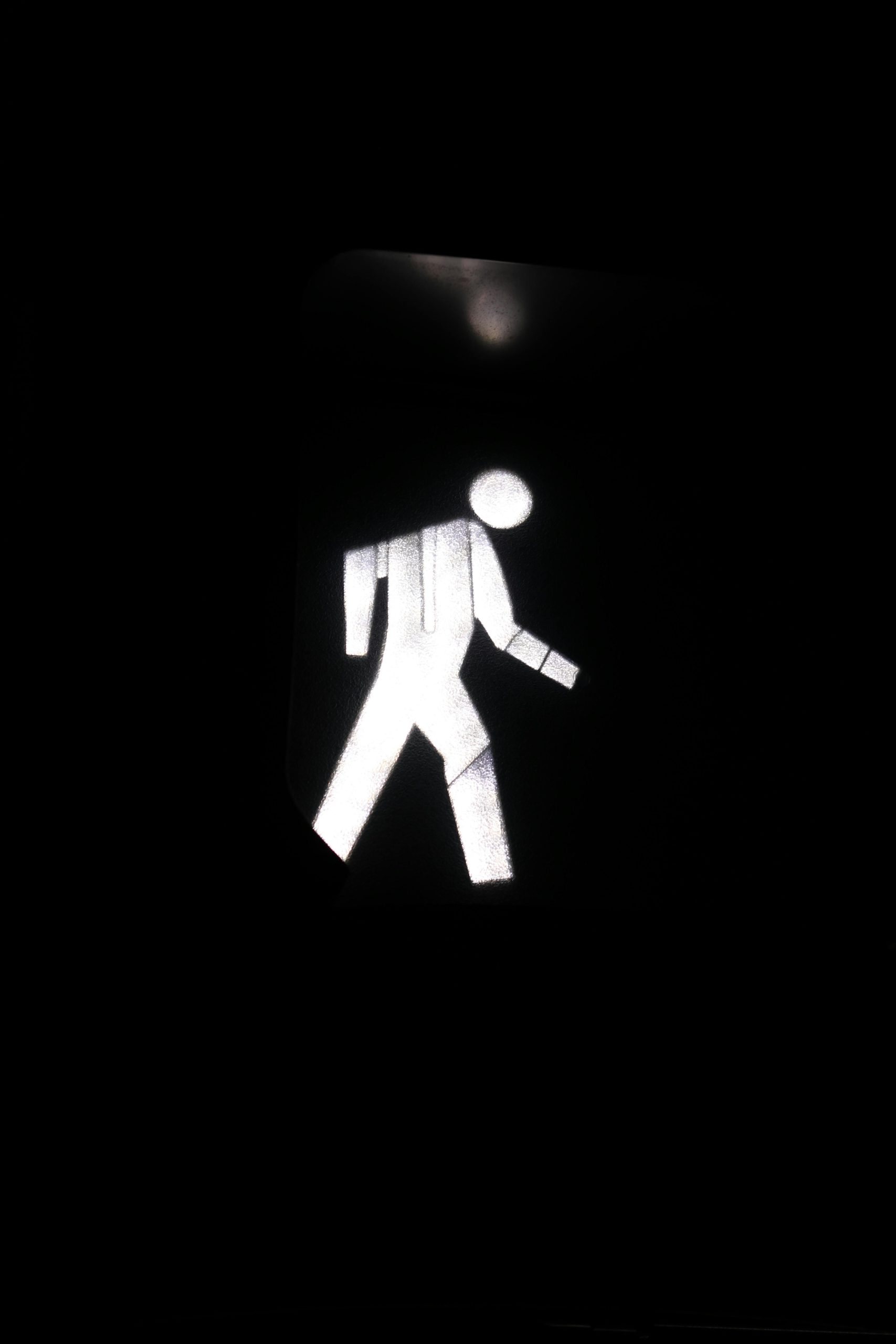Unpacking the Oklahoma City Bombing: A Closer Look at Tim McVeigh
The Oklahoma City bombing, one of the most tragic events in American history, continues to evoke discussions that delve into its complicated backdrop. Recently, I came across an insightful report discussing a perspective that adds layers to our understanding of the perpetrator, Tim McVeigh.
In the aftermath of the bombing, which took place on April 19, 1995, investigators initially directed their attention toward two Muslim males, signaling a potential foreign link to the attack. Ironically, at the very moment this search was underway, McVeigh was already in custody—not for the bombing itself, but due to a routine traffic stop. He was pulled over for not displaying a license plate and held for possessing a loaded firearm. During his processing, he had the dubious distinction of watching the unfolding coverage of the devastation on a nearby television screen.
This report raised an intriguing hypothesis: Could it be that McVeigh was merely a pawn in a larger scheme designed to shift blame onto foreign entities? The suggestion is that he almost slipped away unnoticed; his capture was the result of an ordinary traffic violation, not an intense manhunt. The idea evokes comparisons to other historical figures, notably Lee Harvey Oswald, suggesting that both men were caught up in circumstances beyond their control, serving as scapegoats for more complex narratives involving unseen forces.
The implications of this theory are profound. Could McVeigh have been part of a larger operation, slipping into the role of the accused while higher powers manipulated public perception? The mention of the CIA in this context makes one ponder the extent of intelligence operations and their influence on domestic terrorism narratives.
As we reflect on this tragic event, it’s crucial to examine the layers of information, misinformation, and the actions of various actors at play. The Oklahoma City bombing remains a pivotal moment in U.S. history, not just for the devastation it caused, but for the questions it continues to raise about accountability and the nature of blame in the face of terror. What really transpired, and what ramifications did it hold for American society? The inquiry continues.



